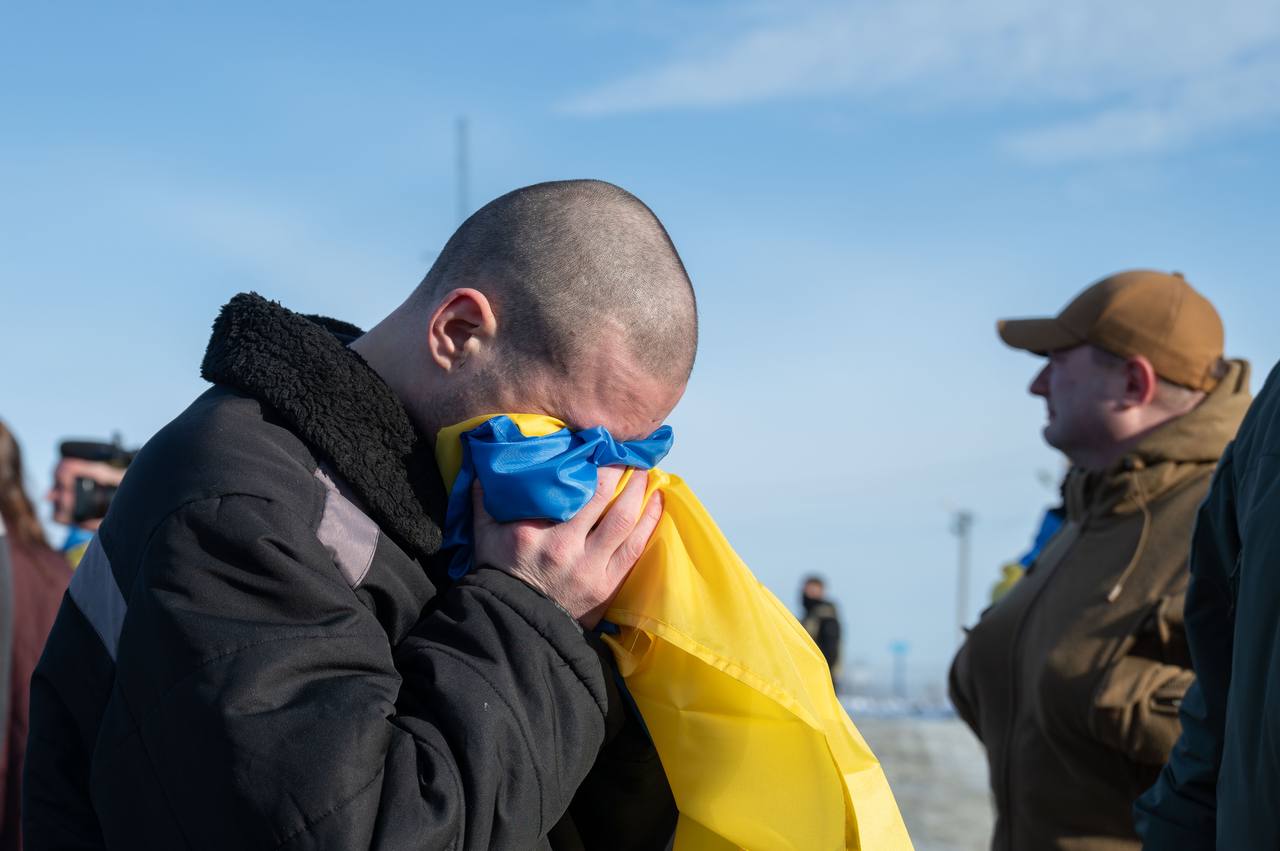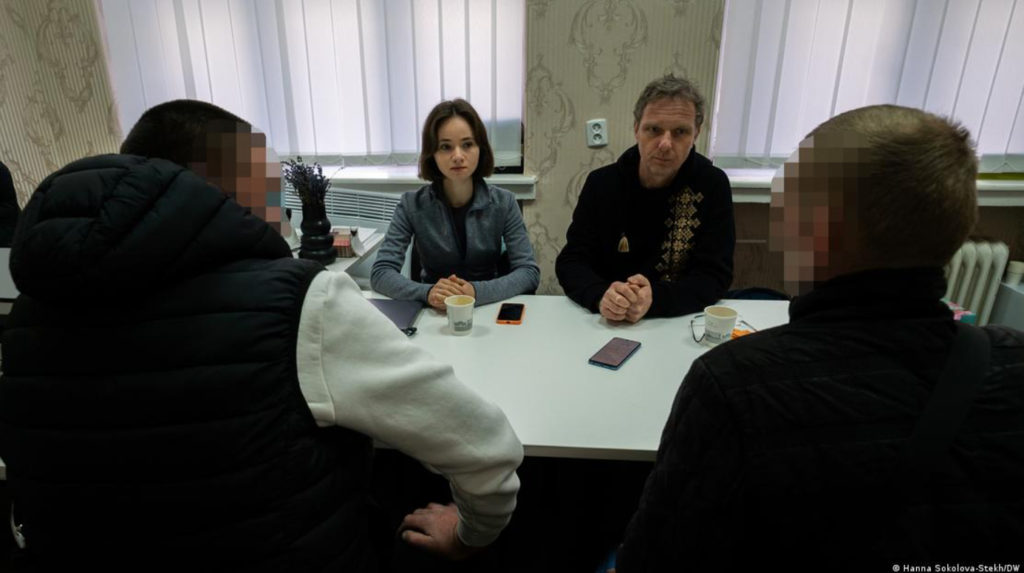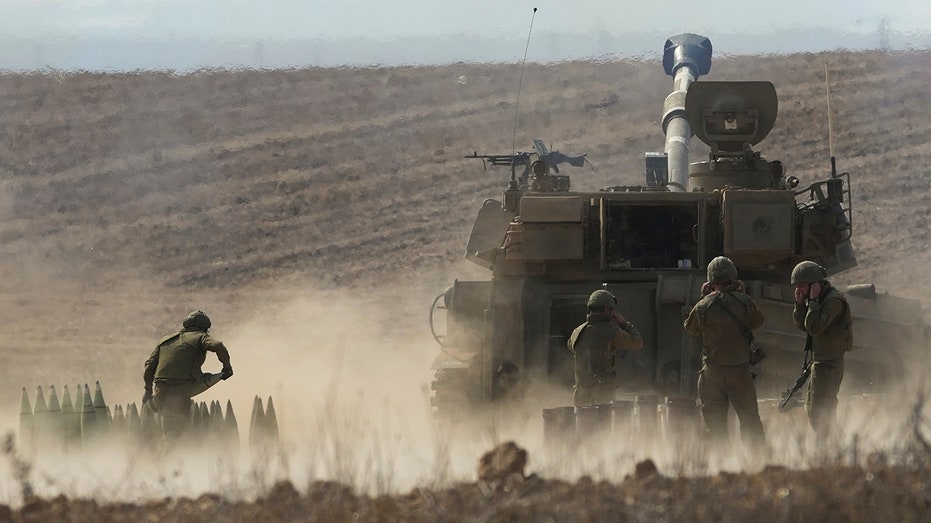Orban’s gambit: why Russia and Hungary secretly moved Ukrainian POWs to Budapest
In a murky 2023 episode, Russia transferred 11 Ukrainian POWs to Hungary, saying they had Hungarian roots, without telling Kyiv.

Last year’s transfer of 11 Ukrainian prisoners of war (POWs) from Russia to Hungary via occupied Luhansk and Moscow remains largely unknown. They were allegedly sent to Budapest due to Hungarian descent, without Kyiv’s knowledge.
DW spoke with two of those POWs, Ivan and Andriy (names changed), freed by Hungary from Russian captivity in June, 2023. The men, now in Uzhhorod, Ukraine, say they have no Hungarian roots or citizenship. For the first time, they described the exchange’s conditions.
The journey of Ivan and Andriy, Ukrainian POWs
Ivan and Andriy, originally from Zakarpattia Oblast of Ukraine, joined the military after Russia’s 2022 invasion. Their units fought in Luhansk Oblast, where they were captured in June 2022 and taken to the notorious Sukhodilska penal colony for Ukrainian POWs. Conditions were harsh – beatings, meager rations that left Ivan losing 22 lbs and Andriy 66 lbs.

In early June 2023, Ivan, Andriy and 9 other Ukrainian POWs from Zakarpattia Oblast were unexpectedly transferred to Moscow.
“Eyes covered, hands tied,” Ivan recalls. “We recognized each other’s voices.” “I thought they were taking us to be killed or to another prison. I didn’t think about an exchange,” Andriy adds.
FSB agents claimed Hungary said their grandmothers could have been Hungarian, so Russia was releasing “their people” to Budapest, not Kyiv. However, only one Ukrainian had Hungarian roots.
“I was told: either you say what you need to – that you’re Hungarian – or it’s not clear if they’ll take you back,” Andriy shrugs, implying they meant back to the Russian penal colony in the occupied part of Luhansk Oblast.
A conditional freedom
On June 8, the POWs were flown to Istanbul and then Budapest. A Hungarian representative who didn’t introduce himself met them there. The men were housed in a hotel complex, unguarded and free to move around, but asked not to roam the city until receiving refugee status. They were also allowed to call relatives to visit.
The Hungarian representatives gave the former prisoners a condition – not to return to Ukraine until the war ends. Otherwise, such transfers would stop.
The first news about the Ukrainian POW transfer was published by the Russian Orthodox Church the evening of 8 June, noting it happened “as part of inter-church cooperation.”
The next day, Hungarian Deputy PM Zsolt Semjen called the Ukrainian POW transfer “a gesture by the Russian Orthodox Church towards Hungary.” Hours later, Ukraine’s MFA said they knew nothing about these events.
Later, Ukraine’s FM Dmytro Kuleba called it a political ploy by Hungary’s PM Viktor Orban to portray himself as protector of all Hungarians in and outside the country.
Russia used the Ukrainian POWs and Hungarian authorities as “a hybrid weapon against Ukraine and Western unity in supporting Ukraine,” told DW an expert on Ukrainian-Hungarian relations, Dmytro Tuzhanskyi, director of the “Central European Strategy Institute.”
Transferring Ukrainian soldiers to Hungary likely violated international law. The Geneva Conventions regulating POW treatment require transfers to third countries with the consent of the POWs’ country of origin.
Choosing home
Despite Hungary’s condition, five of the 11 Ukrainian soldiers decided to return home. Ukraine’s embassy in Budapest provided them with documents and a diplomatic vehicle.
After returning to Ukraine, the five men were sent to rehabilitation centers. After treatment and rest, they were reinstated. Only one returned to the front. Andriy and Ivan serve in the rear, one is still recovering, and one died of pneumonia.
Ivan plans to be discharged to care for his disabled wife. He’s unsure if he’ll stay in Ukraine, saying he returned to avoid being a traitor.
Andriy wants to live in Ukraine and doesn’t regret returning or joining the military.
Read more:
- “Dramatic detective story”: Ukraine repatriates three POWs from Hungary. Eight are left
- Press conference by Ukrainian POWs in Hungary to denounce Ukraine, praise Russian Orthodox Church
- Associated Press: Hungary to oppose EU membership talks with Ukraine, minister says
- European Parliament to vote on resolution on stripping Hungary of EU voting rights
- Politico: Hungary may lift veto on EU’s four-year Ukraine aid package if aid disbursed and approved yearly
- EU plans alternative Ukraine aid strategy amid Hungary’s veto



